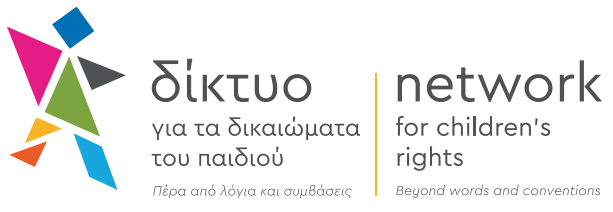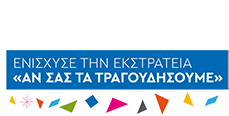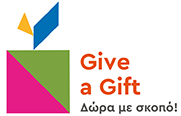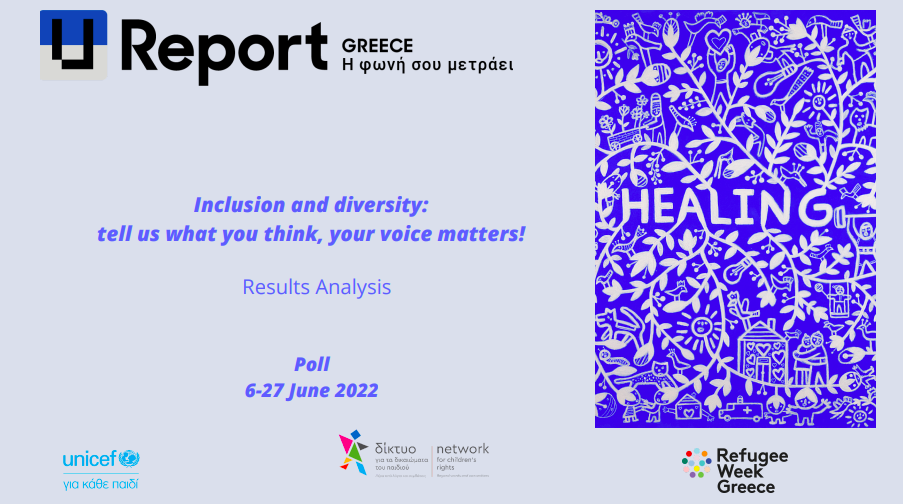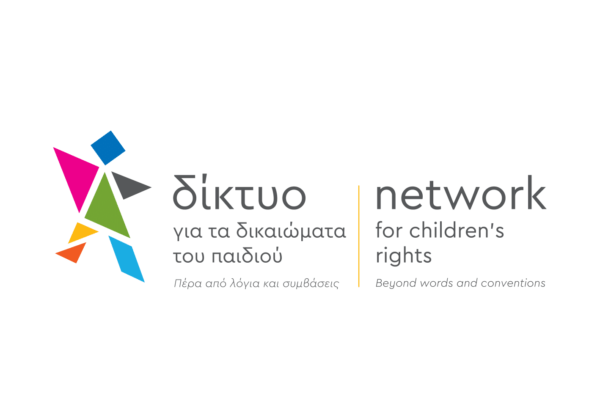On the occasion of the international festival Refugee Week Greece 2022 and its theme around healing, young people from all over Greece shared their views on cultural diversity, social inclusion of refugees and migrants and the mutual care of these popu- lations through their communities. The poll entitled “Healing through Inclusion” was conducted through U-Report Greece, the UNICEF global platform that amplifies the voices of young people. The poll was launched from 6 to 22 June 2022.
In total, 282 U-Reporters responded to the poll, corresponding to a 98% response rate. Most of the respondents (52%) are between 15-19 years old, while 19% are under 15 years old. More than half of respondents (56%) are girls, while 24% come from refugee and migrant communities. The top regions from where the U-Reporters come are Attica, followed by Thessaly and Central Macedonia.
According to the results, the vast majority (88%) of young people who participated in the poll understand the importance of cultural diversity for society. However, 9% stated that they do not know / understand what cultural diversity means.
Furthermore, 26% of U-Reporters answered that getting in contact with people from different cultures helped them learn to listen and respect different views. Participants stated that this interaction with different cultures also contributes to building new friendships (20%) and broadening their horizons (19%). There are also other benefits such as learning a new language (8%) and discovering different cultures (16%).
Regarding social inclusion, 86% of respondents recognises its importance, while 10% state that they do not know / understand what social inclusion is and only 4% state that social inclusion is not important.
In particular, U-Reporters with a refugee or migrant background pointed out that one of the most challenging issues for their inclusion into Greek society is the determination of their legal status (27%) followed by access to education (25%). Among other challenges, they also mention the access to the job market (13%) and the difficulties in making new friends (13%). Finally, a small percentage (8%) responded that practicing their culture/religion and accessing the healthcare system (3%) are some of the challenges for their social inclusion.
Regarding the initiatives that would facilitate inclusion of young refugees in Greek so- ciety, 28% of respondents emphasize the crucial role of Greek language learning pro- grams and 26% the participation in community groups. Other respondents suggest the implementation of sensitization campaigns against discrimination (17%), as well as participation in social and cultural events (14%) and sports activities (8%).
When it comes to actions that young people can take to make Greece a more welcoming place for newcomers, some of the answers included:
“[…] We should create safe spaces in all neighborhoods where refugees and migrants can participate in the life of the local community and contribute in their own way.” | U-Reporter 25 years old, Greece
“Young people need to be more sensitized about discrimination and diversity.’’ | U-Reporter 17 years old, Greece
“We should put aside any fear for people who are different and put ourselves in their position in order to understand what it means to have no other option but to leave the country where you grew up, carrying only the hope for a better life. Because tomorrow we might be the ones who will have to leave our country.’’ | U-Reporter 18 years old, Greece
“[…] We should find common interests with the refugees and migrants who come to our country, and show them places where they will feel safe and happy.” | U-Reporter 18 years old, Greece
Finally, defining healing, 32% of U-Reporters state that healing means “building a brighter future”, 28% “sharing with others”, and 24% “recovering from a painful experience”.
Other respondents said that healing is:
“[…] When people support each other to feel good and evolve towards the direction that they want.” | U-Reporter 25 years old, Athens
“[…] To take care of someone without expecting him/her to take care of you and without doing it because you have to, but because you want to help.” | U-Reporter 17 years old, Larissa
“[…] helping each other and keep fighting for everything that really matters despite the difficulties and obstacles.” | U-Reporter 16 years old, Pylaia-Chortiatis
“[…] taking care of a weak person and helping him/her becoming independent, until finally, after a while, the care you gave to this person is returned back to you as a reward from the one who is now stronger.” | U-Reporter 13 years old, Athens
“[…] Healing means trying to heal the wounds of a fellow human being. It means mutual understanding. Support. An expression of selfless love.” | U-Reporter 16 years old, Larisa
The results of the poll were presented at the closing event of the Refugee Week Greece Festival on Sunday, 26 June 2022.
About U-Report
U-Report is a global UNICEF platform aiming to enhance adolescent and youth participation in democratic life and empower them to share their opinions on issues that matter to them. The platform is active in more than 90 countries worldwide, engaging more than 23 million users.
U-Report is anonymous and free of charge and it is used to conduct consultations with children and young people in the form of polls. The results are analysed in real time, mapped and projected on the public website: https://greece-en.ureport.in/. The results are then shared with the U-Reporters and disseminated to social and political stakeholders at the national and local level.
Since April 2022, U-Report is available in Greece by UNICEF Greece Country Office in partnership with the implementing partner Network for Children’s Rights. The platform is available in Greek, English, French, Arabic, Farsi and Urdu. Adolescents and youth can register to U-Report Greece and provide answers to the polls by sending the message “JOIN” via Viber, Facebook Messenger or WhatsApp.
